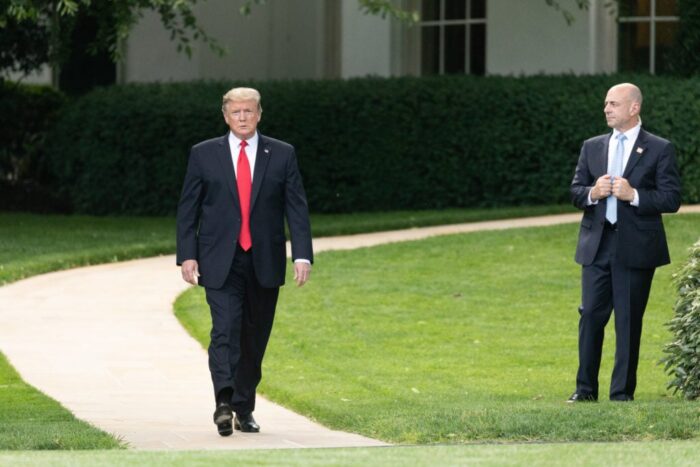Despite a recent U.S. Supreme Court ruling limiting lower court judges’ power to block President Donald Trump’s policies through nationwide injunctions, a federal judge on Thursday blocked the administration from enforcing an executive order that restricts birthright citizenship.
U.S. District Judge Joseph Laplante of Concord, New Hampshire, a George W. Bush appointee, issued the ruling after immigrant rights advocates sought class action status in a lawsuit representing any children whose citizenship could be threatened by the president’s order.
He ruled that the plaintiffs could proceed as a class, enabling him to issue a nationwide injunction blocking the enforcement of the president’s order. Laplante described the decision to grant the injunction as “not a close call,” emphasizing that allowing the order to take effect could potentially strip children of their U.S. citizenship.
“That’s irreparable harm, citizenship alone,” he explained, according to Reuters. “It is the greatest privilege that exists in the world.” Laplante stated he would temporarily pause the ruling to allow the administration to file an appeal. He mentioned that he would provide a written decision by the end of the day on Thursday.
The ACLU, along with several other individuals and organizations, filed the lawsuit just hours after the Supreme Court’s 6-3 ruling on June 27 to restrict the use of nationwide injunctions. As a result of the ruling, the policy was set to take full effect on July 27.
“Looking to seize upon an exception in the Supreme Court’s ruling, the lawyers for the plaintiffs argued that the decision allows judges to continue to block Trump policies on a nationwide basis in class action lawsuits,” the report said. “The three judges who issued nationwide injunctions found that Trump’s directive likely violates citizenship language in the U.S. Constitution’s 14th Amendment. The amendment states that all ‘persons born or naturalized in the United States, and subject to the jurisdiction thereof, are citizens of the United States and of the state wherein they reside.’”
The Department of Justice argues that President Trump’s order fully complies with the Constitution and has requested the judge to rule that the plaintiffs cannot proceed as a class.
The Supreme Court’s ruling did not address the legal merits of the administration’s order, which instructs federal agencies not to recognize the citizenship of children born to parents who are neither U.S. citizens nor lawful permanent residents.



